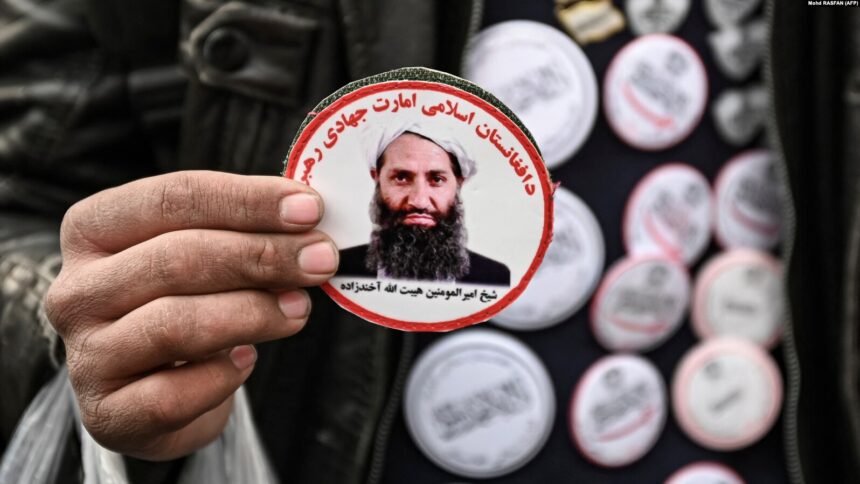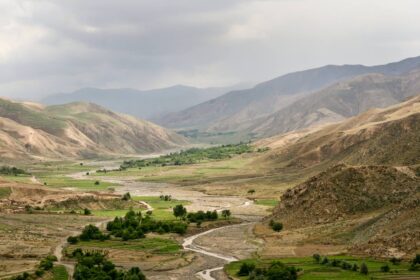RASC News Agency: Mullah Hibatullah Akhundzada, the supreme leader of the Taliban, has issued a new decree mandating the closure of all higher and semi-higher medical institutions to female students. According to reliable sources, the Taliban’s Minister of Public Health summoned heads of these institutions on Monday, December 2, to announce the directive. The minister made it clear that, effective immediately, women and girls would no longer be allowed to pursue education in these medical training centers. Reports indicate that the Minister of Public Health convened the meeting without disclosing its purpose and strictly prohibited attendees from raising questions about the decree. One participant described the meeting as “dictatorial in nature,” noting that no clarifications or discussions were permitted.
A director of a prominent medical institute in Kabul expressed deep concern over the implications of this decision, stating, “The ban renders the future of these institutions bleak. Women and girls constitute the majority of our student body, and without them, our operations face inevitable collapse.” He further lamented that medical institutes were the last remaining platforms for Afghanistani women to acquire professional education, a privilege that has now been stripped away. Until this decree, despite widespread bans on girls attending secondary schools and universities, female students were still permitted to study at medical institutions. They trained in essential fields such as midwifery, pharmacy, laboratory sciences, radiology, physiotherapy, nursing, and dental prosthetics. However, the new directive has effectively shut this door, with institute administrators instructed to inform female students that they would no longer be allowed to attend classes starting Tuesday.
The prohibition is expected to exacerbate Afghanistan’s already dire shortage of female healthcare professionals, compounding the challenges faced by women in accessing medical care. Since their return to power, the Taliban have systematically dismantled women’s rights across Afghanistan. Girls have been barred from attending schools beyond the sixth grade and excluded from universities. These restrictions have progressively expanded to include bans on women working in governmental and non-governmental organizations, visiting parks, public baths, beauty salons, and traveling without a male guardian.
The Taliban’s oppressive policies have drawn widespread condemnation at both national and international levels. The United Nations Human Rights Office and various countries have labeled these actions as egregious violations of human rights, crimes against humanity, and clear manifestations of gender-based apartheid. In a significant move last week, six countries referred the Taliban’s violations of women’s rights to the International Criminal Court in The Hague. However, rather than addressing international concerns, the Taliban have intensified their draconian measures against women, further entrenching Afghanistan’s descent into gender oppression and social isolation.






